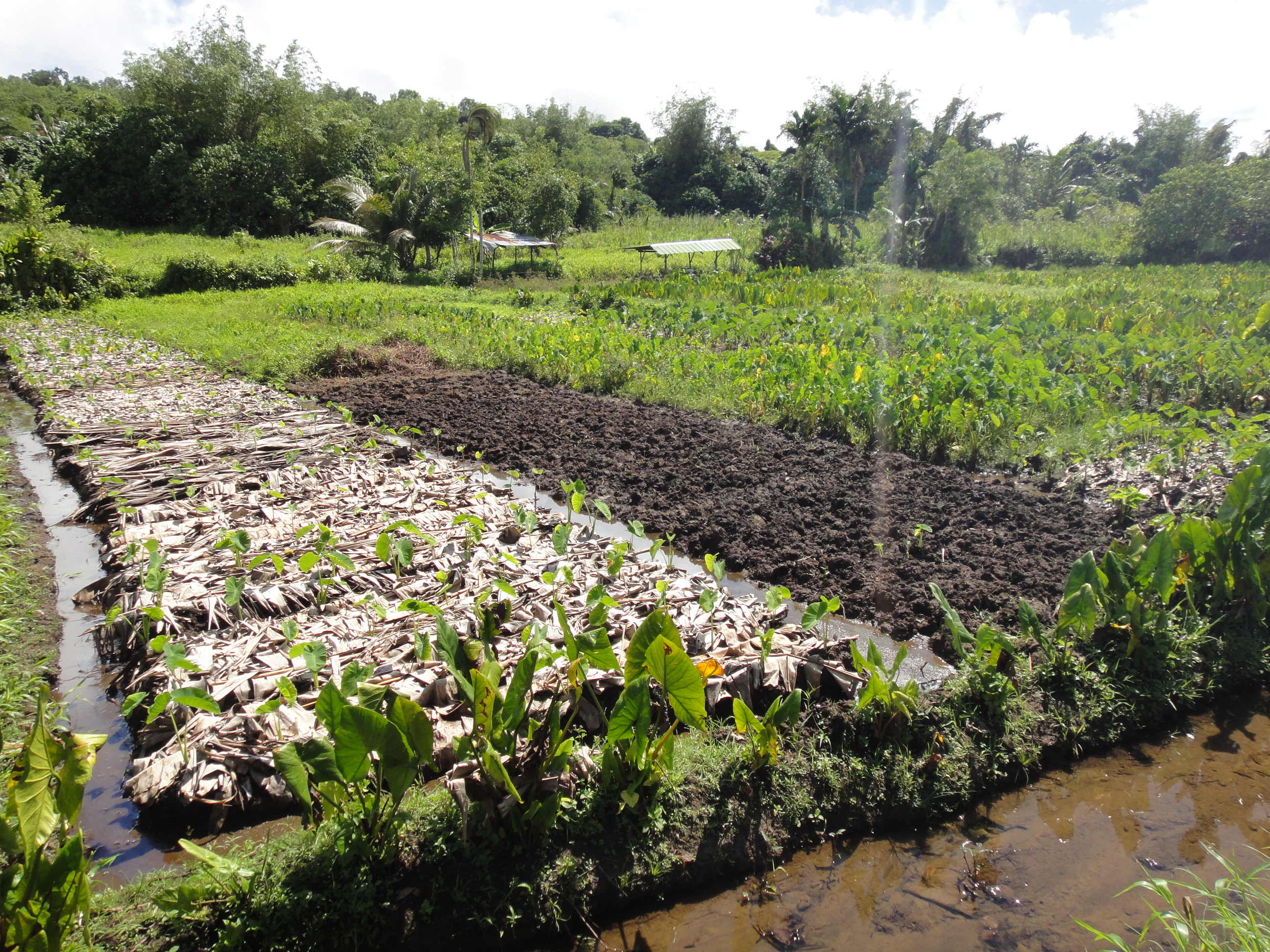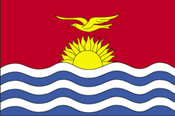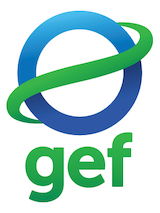Integrating Global Environmental Priorities into National Policies and Programmes in Kiribati
Project Overview
Over the years, the government of Kiribati has demonstrated its commitment to the global environmental agenda as it struggles to address national issues and priorities. Kiribati has developed a number of national environment strategies and plans that address its obligations under various MEAs. However, there exist gaps in national environmental policies and legislation, training, education, and public awareness as well as coordination among government agencies key for effective implementation of the Rio conventions.
With its focus on strengthening Kiribati's environmental management information system (EMIS), this UNDP-supported project, Integrating Global Environmental Priorities into National Policies and Programmes in Kiribati, will address the challenges of improving and enforcing environmental policies and legislation and help integrate environmental issues into national and sector strategies and plans among other goals.
Project Details
More Information to come...
Key Results and Outputs
The two major outcomes of this project are –
- The development of an Environmental Management Information System (EMIS) including a SWOT and Gap analyses of existing databases and management information systems (Outcome 1.1); Formulation of benchmarks central for data generation (Outcome 1.2); Formulation of a strategic plan for institutional reforms to create an EMIS (Outcome 1.3); Identification and training on the use of new and improved tools and technologies for collecting and managing harmonized environmental data/information (Outcome 1.4) and; Launch of a public awareness campaign on the value and need for an EMIS (Outcome 1.5)
- The development of an Environmental Indicators and Compliance Monitoring System (CMS) including creation of harmonized environmental indicators (Outcome 2.1); Establishing best practice methodologies and training on the application of environmental indicators (Outcome 2.2); Development of software and information technology to track environmental indicators (Outcome 2.3); Development of the CMS in a structured manner to track environmental indicators (Outcome 2.4) and; Institutionalization of the CMS within planning and decision-making authorities at the technical and ministerial levels (Outcome 2.5).
Programme Meetings and Workshops
More Information to come...
Reports and Publications
PIFs
Monitoring and Evaluation
More Information to come...



